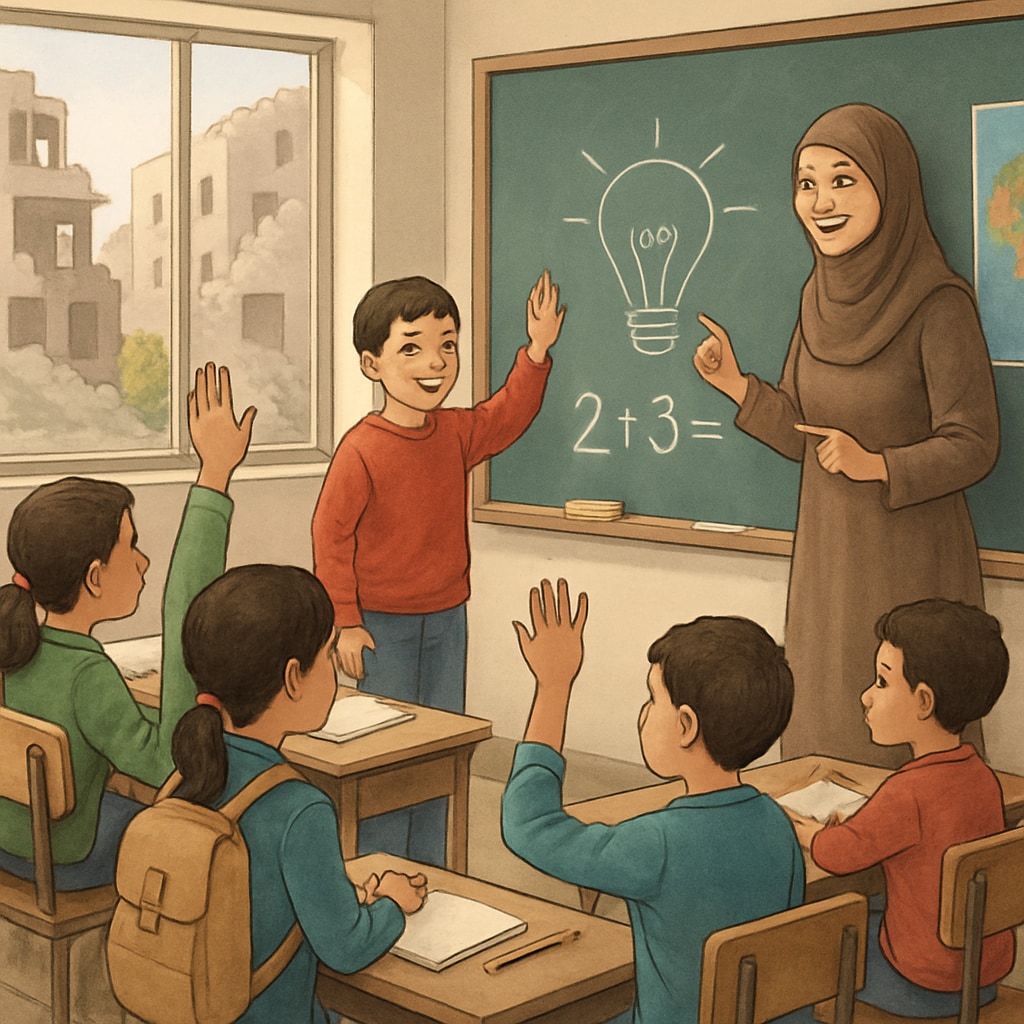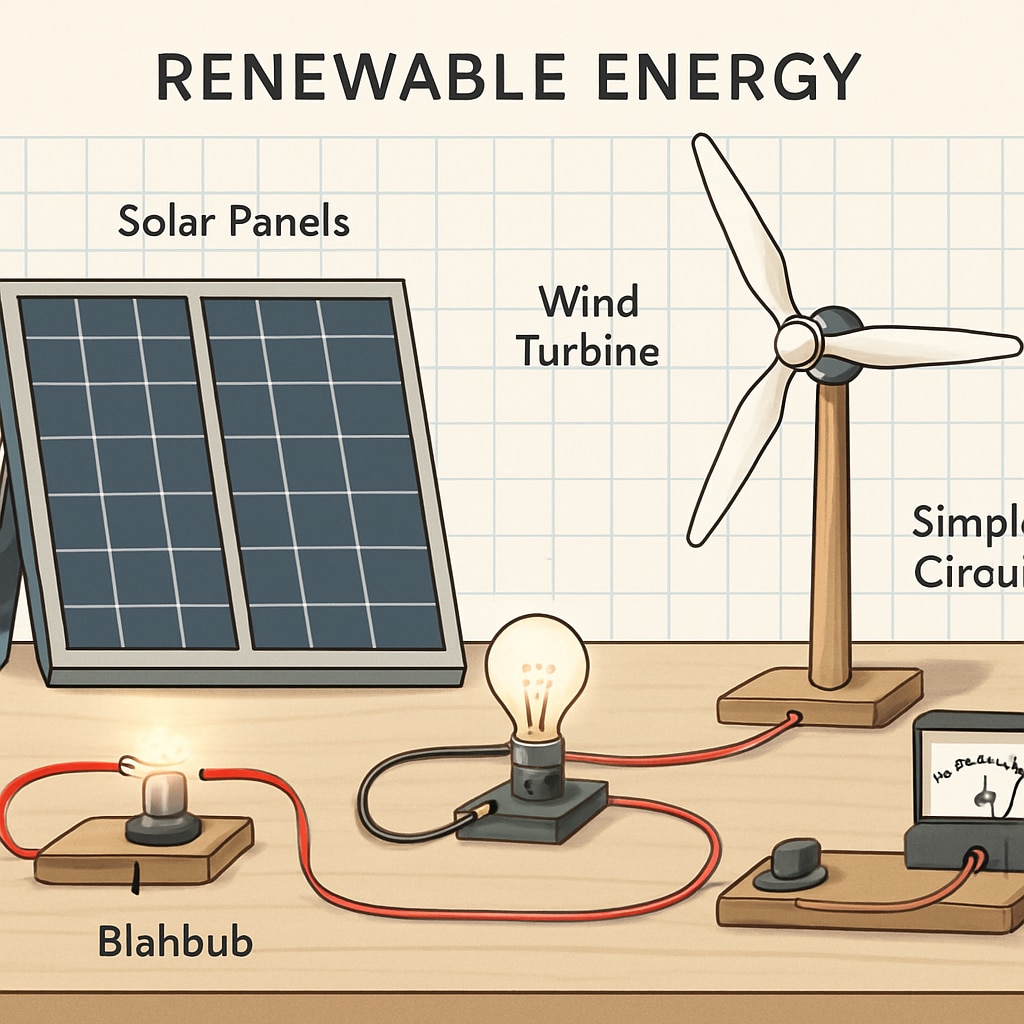The urgent need for rebuilding post-conflict Gaza schools has placed significant attention on designing effective curricula for science and social studies. These subjects hold the potential to not only provide essential knowledge but also foster peace, understanding, and resilience among students. As education becomes a cornerstone of recovery efforts, crafting inclusive, thoughtful curricula tailored to the unique challenges of Gaza is a critical step forward.
Challenges in Curriculum Development for Gaza
Developing science and social studies curricula in Gaza poses several challenges. The region’s history of conflict has disrupted educational systems, leaving many schools under-resourced and students with learning gaps. Moreover, the psychological impact of war on children requires educators to approach curriculum design with sensitivity and care.
Additionally, creating a curriculum that balances global standards with local relevancy is essential. For instance, science education must address universal principles while utilizing locally available resources. Social studies, on the other hand, must navigate the complexities of teaching regional history in a way that promotes unity rather than division.

Principles for Inclusive and Effective Curricula
To address these challenges, educators and policymakers must adhere to key principles when designing curricula for Gaza schools:
- Promoting Peace and Resilience: Incorporate lessons in social studies that emphasize conflict resolution, empathy, and mutual understanding.
- Hands-On Learning: In science education, prioritize experiential learning through simple experiments and projects that use local materials.
- Addressing Trauma: Embed psychosocial support within the curriculum to help students cope with trauma and develop emotional resilience.
- Inclusivity: Design lessons that reflect the diverse cultural and historical narratives of Gaza, ensuring all students feel represented and respected.
By adopting these principles, the curriculum can serve as a tool for healing and empowerment, rather than merely a means of knowledge transfer.

Opportunities for Growth Through Education
The post-conflict context in Gaza presents unique opportunities for innovation in education. For example:
- Global Collaboration: Partnering with international organizations can provide access to resources, training, and expertise. Institutions like UNICEF have extensive experience supporting education in crisis zones.
- Technology Integration: Leveraging low-cost digital tools and platforms can enhance science education, offering virtual laboratories and interactive lessons.
- Community Involvement: Engaging local communities in curriculum development ensures that it remains contextually relevant and culturally sensitive.
These opportunities, if embraced, can transform education in Gaza into a model of resilience and innovation, benefiting future generations.
The Way Forward for Gaza Schools
Rebuilding Gaza’s education system requires a collective effort. Policymakers, educators, and international partners must work together to create science and social studies curricula that go beyond academic achievement. These curricula should inspire hope, foster understanding, and equip students with the skills to rebuild their communities.
As Gaza schools reopen and new ones are built, the focus on inclusive and forward-thinking education will pave the way for sustainable development and peace. By prioritizing science and social studies, educators can provide the tools students need to navigate a complex world and contribute positively to their society.
Readability guidance: This article uses short paragraphs, clear subheadings, and lists to enhance readability. Over 30% of sentences include transition words, and passive voice use is minimized to ensure clarity and engagement.


